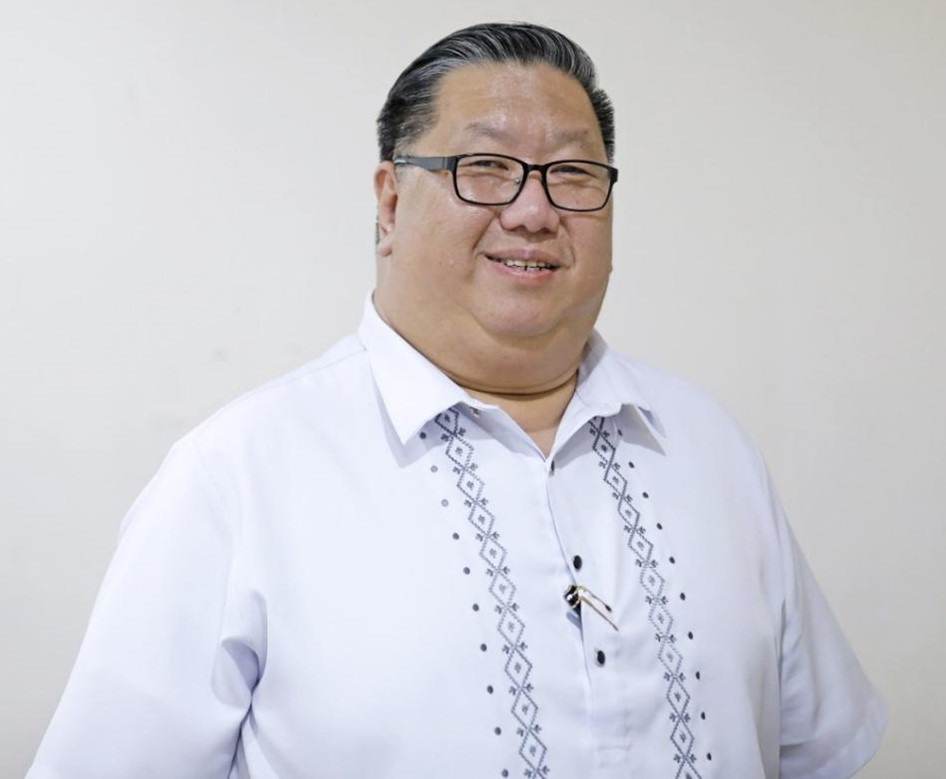FRESH VIEWPOINTS: A NEW PERSPECTIVE
By Brian James Lu
Civil society organizations and good governance
Share
The Asian Development Bank (ADB) cited in its Governance Brief several good governance outcomes that have been documented when civil society organizations (CSOs) worked with the government for good governance. It mentioned the following: increased state or institutional responsiveness, lowering corruption, better budget utilization and better delivery of public services. The ADB also cited evidence that engagement of CSOs improves access, responsiveness, inclusiveness and accountability in the delivery of public services such as health, water, education and agriculture. CSO engagement also improves transparency, accountability and sustainability in natural resources management.
Those cited are the living experiences of the Philippine CSOs. We are fortunate that there are thousands of people and nongovernment organizations that are engaging with the government from the national down to the local levels. This initiative shows the Filipinos’ spirit of “bayanihan” where they are conscientious of their welfare by engaging with the government at various levels and issues. And these are geared towards good governance.
The participation of CSOs in governance was laid down in the 1986 Philippine Constitution which guaranteed the promotion and protection of people’s participation at all “levels of social, political, and economic decision-making.” In 1991, the Local Government Code was enacted and ensured the CSOs engagement in governance at the local level.
To institutionalize people’s participation in local governance, Quezon City Mayor Joy Belmonte created the People’s Council of Quezon City (PCQC). The PCQC represents the more than 4,200 accredited CSOs in the city. The ordinance creating the PCQC was approved in 2009. It is known as the Participation, Accountability and Transparency (PAT) Ordinance that aims to institutionalize the participation of CSOs in local governance. However, it was only in May 2022 that the ordinance was implemented with the signing of the implementing rules and regulations (IRR). It took 13 years and the political determination of Belmonte to ensure the participation of the citizenry in good governance.
The People’s Council is composed of 50 representatives from different sectors namely business, women, homeowners’ associations, persons with disabilities, urban poor, solo parents, LGBTQIA, cooperatives, youth, transportation, and senior citizens, among others. Each representative is elected by their sectors for a more democratic approach to representation. I represent the business sector in the People’s Council.
As contained in the IRR, the representatives can sit in QC local special bodies where the expertise of their sector is needed. These special bodies are the task forces and committees where sectoral representatives can participate in the deliberations, conceptualization and evaluation of projects.
The PAT ordinance is an innovative approach to ensuring the practice of good governance. By institutionalizing the participation of CSOs, we can be sure that the programs of the city reflect the welfare and aspirations of the people.
The people’s participation in governance ensured the sustainability of the programs and projects. Government resources are judiciously used with people’s participation and ownership of the projects. And with this, we are sure that we are developing sustainable communities that are beneficiaries of projects.
The ADB study on CSOs enumerated several ways where CSOs are engaged in designing, implementing and monitoring the development policies and programs.
- Access to information – When the citizenry is informed, they can effectively participate in governance.
- Consultations – A two-way consultation process is a good practice to enable those consulted to receive feedback on how their views were considered.
- Collaborative decision-making – CSO are involved in decision-making by government officials and agencies.
- Citizen and beneficiary feedback – This results in improvements in services such as quality, access, and transaction costs, among others.
- Citizen-led monitoring – This is to increase accountability through the independent monitoring of the citizenry. This results in a reduction in corruption, increased transparency and accountability, and openness in government.
- Grievance redress and mechanisms – This is to receive and process grievances of CSOs. These should be monitored and the level of satisfaction levels of the complainants.
Quezon City is indeed fortunate to have an administration that promotes the inclusivity of its constituents. Belmonte has taken the necessary steps and it is up to the Quezon City CSOs to take up this challenge.
While CSO participation is the road toward good governance, the shift in this paradigm has still a long way to go. We have yet to see other local government units and implementing agencies accept CSO participation. They can learn from the good practices of LGUs who chose to abandon the traditional and exclusive type of governance. The world is changing and there are more and more leaders who are inclusive and open to a more liberal and progressive leadership.
Comments
About the Columnist

BRIAN JAMES J. LU, MMgt, is an entrepreneur, business adviser, government consultant, and is deeply involve in civil society organizations. He advocates good governance, ethical business practices, and social responsibilities. He is the President of the National Economic Protectionism Association (NEPA) and Chairman of the Foundation for National Development (Fonad). His broad experiences in the private and public sectors give him a unique perspective to advance his advocacies.
